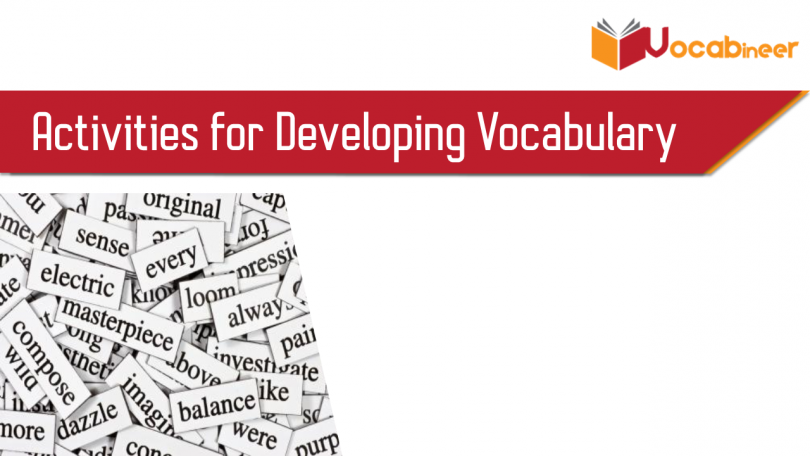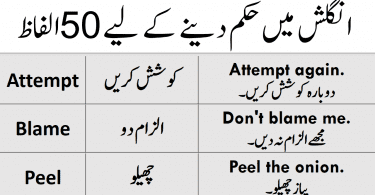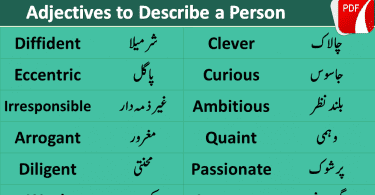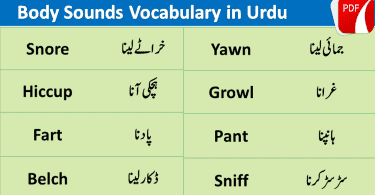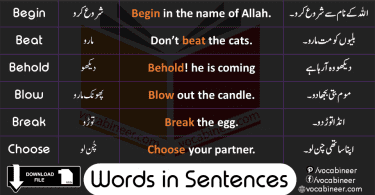Keep a small notebook handy
As you read, study, listen to TV or talk with other people, note down words and expressions that you think would be helpful for you. Note that often, certain words are used together frequently, particularly in specific disciplines. It’s helpful to note down not just individual words but sets of words that seem to frequently appear together. You will sound more fluent and comprehensible if you use words in combinations that native speakers are used to hearing.
Videotape a program on TV
listen to the program again and collect informal expressions that are unfamiliar to you. You may want to ask a native speaker which of these expressions are more common and which are less common.
Record yourself
giving a short talk or write a short explanation of something. Ask a native speaker to review the talk or explanation with you and help you use more idiomatic expressions. Identify specific words or phrases that you would like to make more precise or that you would like to find alternative words or expressions for; then ask a native speaker about alternatives for those specific words or phrases.
Practice words and expressions
You might want to keep two lists, one for active and one for passive vocabulary. Each week, transfer the words you have written down in your small notebook to a master list in a larger notebook. It’s helpful to keep them in rough alphabetical order. Check the pronunciation, particularly the stress, of each word in the dictionary.
Try writing some sample sentences using the vocabulary.
Pick five vocabulary items and make up a short story or explanation using the items either in your head or on paper. You might also want to record the short explanation and listen to it. Then move on and try using five more items.
Pick three to five vocabulary items per day to review. Make up review cards for them.
If you only want to be able to recognize the words, you may just want to review the flash cards periodically through the day.
If you want to add the words to your active vocabulary, try to develop associations with them as you go through the day – either by connecting them with your experiences that day or by making up in your mind brief scenarios or explanations in which you use the words.
Try using the words in conversation or writing sometime during the day (This may not always be possible).
If possible, check with a native speaker when you use the words and ask him/her if the way you used the word, pronounced it etc. was clear and appropriate.
While you’re studying material that includes key words and expressions that you want to master, look up from a paragraph you have been reading and try to summarize its contents aloud, using two or three key words in your summary.
Make use of textbooks designed to help in vocabulary development. Reading skills textbooks can provide you with exercises and approaches that can help you develop guessing skills. Other textbooks focus particularly on practice with idioms and vocabulary. The value of these depends on whether the vocabulary and idioms are ones you want/need to learn.


